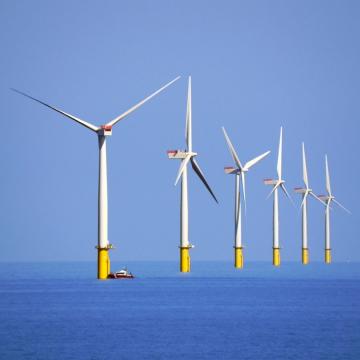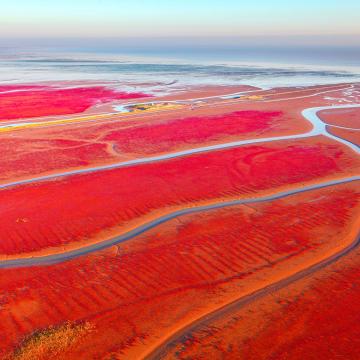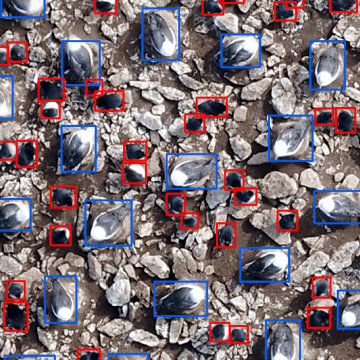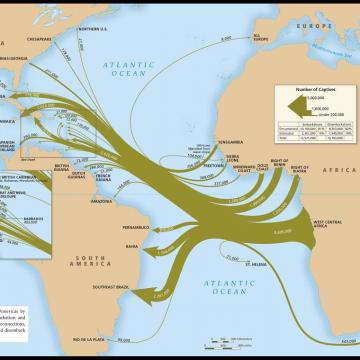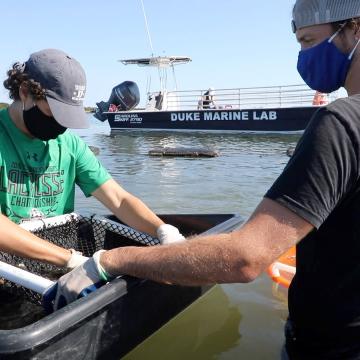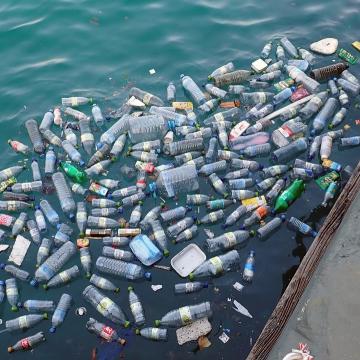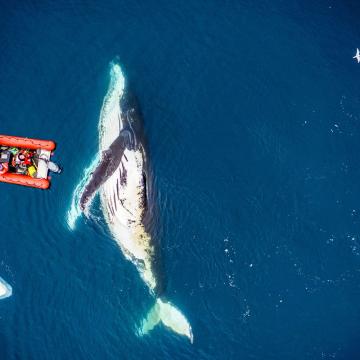-
NewsNew funding will help speed the development of an early-warning system that can predict the probability of malaria outbreaks occurring up to 12 weeks in advance, giving local officials time to put controls in place to prevent or curb the disease’s transmission.
-
NewsDuke University has received a $7.5 million grant from the U.S. Department of Energy to assess the risks offshore wind energy development along the East Coast may pose to birds, bats and marine mammals.
-
NewsA new international study suggests that invasive species, such as the cordgrass that is swamping native plants in the Red Marshes, pose a much greater threat to protected areas, even well managed ones, than was previously recognized.
-
NewsClouds of smoke and ash from wildfires that ravaged Australia in 2019 and 2020 triggered widespread algal blooms in the Southern Ocean thousands of miles downwind to the east, a new Duke University-led study by an international team of scientists finds.
-
NewsMost people are likely to experience an extreme pandemic like COVID-19 in their lifetime, a new study shows.
-
NewsWarming waters along the Western Antarctic Peninsula have led to declines in the diversity and distribution of the region’s plankton population and its ability to absorb climate-warming carbon dioxide from the atmosphere.
-
NewsScientists at Duke University have developed a suite of four new tests that can be used to detect coal ash contamination in soil with unprecedented sensitivity.
-
NewsUsing drones and artificial intelligence to monitor large colonies of seabirds can be as effective as traditional on-the-ground methods while reducing costs, labor and the risk of human error, a new study finds.
-
NewsDecades after federal bans ended widespread use of lead-based paint and gasoline, some urban soils still contain lead levels that exceed safety guidelines for children.
-
NewsShannon Switzer Swanson MEM'15 hosts the documentary, “The Last Drop.”
-
NewsBefore deep-sea mining begins on the seafloor in international waters of the Atlantic Basin, a group of scholars is advocating that a portion of the seabed there be recognized as a virtual memorial to victims of the slave trade.
-
NewsThe Duke Aquafarm is Duke’s other “campus farm,” where students grow oysters instead of produce and learn how the tasty bivalves could help take a bite out of coastal pollution.
-
NewsA new study shows that after listening to student presentations or watching student-produced videos about ocean plastics pollution and other garbage in North Carolina waters, local officials and voters reported feeling greater concern about the issue.
-
NewsOcean mammals are at a crossroads, with some species at risk of extinction and others showing signs of recovery, a new study by an international team of researchers shows.
-
NewsA new $411,000 grant from the U.S. Department of Defense’s Strategic Environmental Research and Development Program (SERDP) is funding a four-year study by Duke University researchers to better understand the cumulative effects of human and natural stresses on critically endangered North Atlantic right whales.

